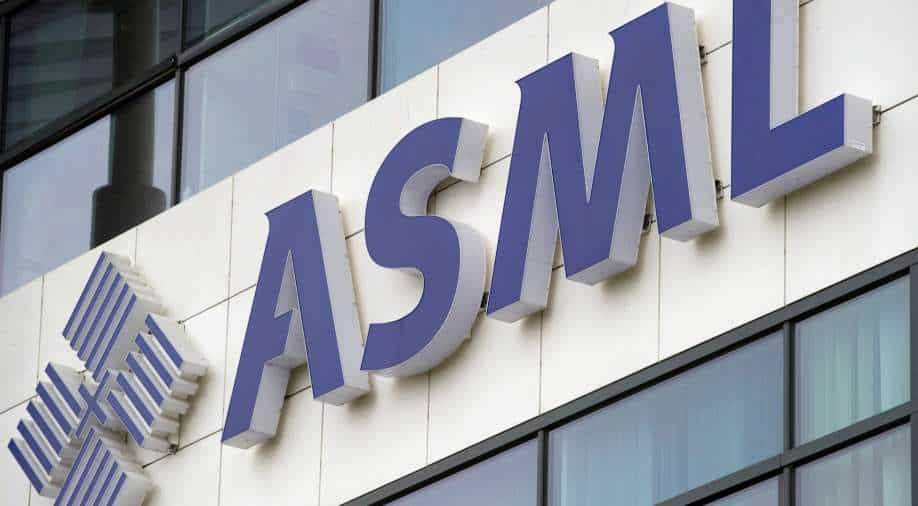Seen as a groundbreaking move towards sustainable energy, Amazon has announced an investment of more than $500 million to develop small modular reactors (SMRs). This initiative aims to bolster the company's commitment to achieving net-zero carbon emissions by 2040. The investment underscores Amazon's strategic shift towards alternative energy sources, as the e-commerce giant looks to diversify its energy portfolio and enhance its sustainability efforts according to a report by CNBC. The report further stated that, Amazon Web Services (AWS) announced it has signed an agreement with Dominion Energy, Virginia’s utility company, to explore the development of a small modular nuclear reactor, near Dominion’s existing North Anna nuclear power station. Amazon's foray into the nuclear energy sector is not merely a financial investment; it represents a commitment to innovative technology that could reshape the future of energy production. Small modular reactors are designed to be safer, more efficient, and easier to deploy than traditional nuclear power plants. These reactors can generate up to 300 megawatts of electricity, making them suitable for various applications, including powering data centres and other facilities. The company’s decision comes at a time when the global demand for clean energy solutions is surging. As countries strive to meet their climate goals, nuclear energy is increasingly viewed as a viable option due to its low carbon footprint. By investing in SMRs, Amazon aims to position itself at the forefront of the nuclear renaissance, which is gaining traction as a sustainable alternative to fossil fuels. Amazon's investment aligns with its broader sustainability goals. The company has already made significant strides in renewable energy, committing to powering its operations with 100 per cent renewable energy by 2025. The integration of small modular reactors into its energy strategy could further enhance its ability to meet these targets while providing reliable and consistent power. Industry experts have praised Amazon's bold move into nuclear energy. They believe that this investment could pave the way for other companies to explore similar avenues, potentially leading to a more robust nuclear sector. The development of SMRs could also stimulate job creation in engineering and construction sectors, contributing positively to local economies. Furthermore, this investment highlights a growing trend among large corporations seeking sustainable energy solutions. As businesses face increasing pressure from consumers and regulators to reduce their carbon footprints, many are exploring innovative technologies that offer cleaner alternatives. Amazon's commitment to SMRs could inspire other companies to follow suit and invest in advanced energy technologies. As the world grapples with climate change and the urgent need for clean energy solutions, Amazon's investment in small modular reactors represents a significant step forward. By embracing nuclear technology, the company not only aims to secure its own energy future but also contributes to the global effort towards sustainable development. Therefore, Amazon's substantial investment in small modular reactors signals a transformative shift in how major corporations approach energy production and sustainability. As the company continues to innovate and adapt in an ever-changing landscape, its commitment to developing advanced nuclear technology may well set a precedent for others in the industry. With this strategic move, Amazon is not just investing in its future but also playing a pivotal role in shaping the future of clean energy worldwide. A journalist, writing for the WION Business desk. Bringing you insightful business news with a touch of creativity and simplicity. Find me on Instagram as Zihvee, tr None
Popular Tags:
Share This Post:

Alibaba claims its new AI translation tool outperforms Google and ChatGPT
October 17, 2024
Amazon goes nuclear: investing over $500 million to develop small modular reactors
October 17, 2024What’s New
Spotlight
New Zealand inflation declines to lowest rate since 2021
- by Sarkai Info
- October 16, 2024
Today’s Hot
Global public debt to pass $100tn this year: IMF Report
- By Sarkai Info
- October 16, 2024
Featured News
Latest From This Week
China's ministry of finance takes bold steps to address debt and revive economic growth
BUSINESS-ECONOMY
- by Sarkai Info
- October 15, 2024
Fed governor Waller emphasises caution in potential interest rate cuts
BUSINESS-ECONOMY
- by Sarkai Info
- October 15, 2024
World Bank reports that 26 poorest countries are in worst financial shape since 2006
BUSINESS-ECONOMY
- by Sarkai Info
- October 14, 2024
Subscribe To Our Newsletter
No spam, notifications only about new products, updates.




























